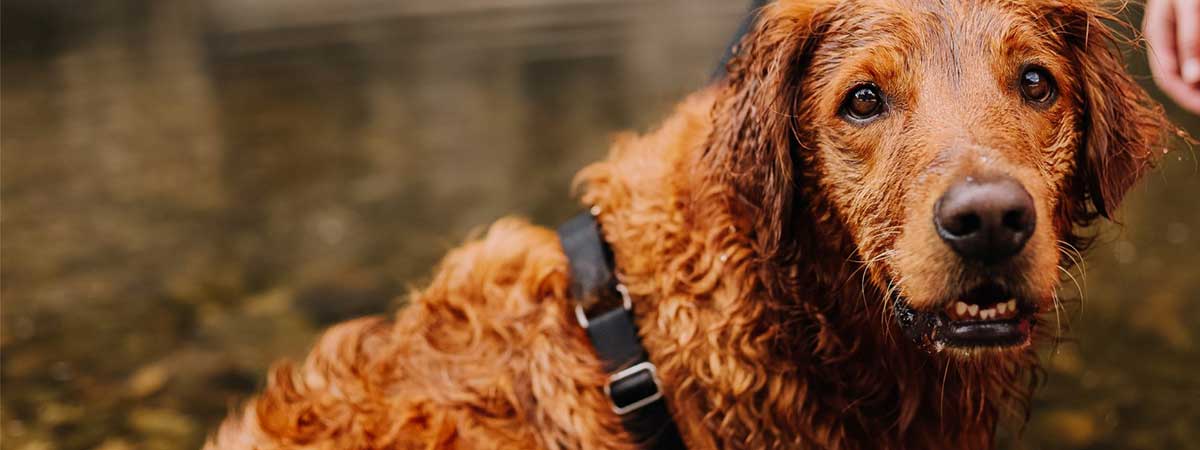
Warning of bait poisoning for people travelling with pets in WA
Holiday makers who take their dogs when travelling around regional Western Australia are being reminded to keep them safe from 1080 baits.”
1080 baits are used extensively by farmers and pastoralists throughout the State on both private and government lands to control feral pests, including wild dogs, foxes, pigs and rabbits, which threaten livestock and biodiversity.
Tourists travelling with pet dogs are urged to consider putting them on a lead, muzzling when off lead, or avoid bringing them on holiday to prevent them being poisoned.
Department of Primary Industries and Regional Development (DPIRD) regional biosecurity coordinator Lindsay Strange said while the use of 1080 baits was strictly regulated, pet owners needed to take responsibility for the safety of their animals.
Mr Strange said there were some simple steps pet owners should follow to protect their animals from the risk of poisoning from 1080, for which there is no antidote.
- It is advisable to check with the landholder to see if baiting has been undertaken on the property before letting dogs roam free.
- While landholders are required to erect signs to warn of baiting as part of a 1080 baiting permit, WA’s landscape is vast and travellers may not always see them.
- It is prudent to avoid areas suitable for baiting like watercourses, tracks, fence lines, rock piles and posts and to keep pets on a lead or use a muzzle to prevent them eating a bait.
- The safest strategy of all is for travellers to leave their pets in the care of others or in a kennel when baits are on the ground.
1080 is a naturally occurring toxin (sodium fluoroacetate) found in many Australian plants. Most native animals have a high degree of tolerance to 1080, while most domestic animals are very sensitive.
Mr Strange said baiting was typically undertaken in spring, which elevated the risk to domestic animals, although it could occur year round – particularly as baits can be viable for months.
“1080 is an important tool used by landholders as part of an integrated pest management strategy to protect their livestock, as well as to help preserve our State’s unique flora and fauna from death and injury from pest animals, such as wild dogs,” he said.
The control measure is also used by the Department of Biodiversity, Conservation and Attractions’ Parks and Wildlife Service to protect native species on the land it manages, which is why the department does not permit dogs in national parks and other conservation areas.
DPIRD will distribute a ‘1080 baiting: a must for pest control but a risk to domestic pets’ flyer to tourist hotspots as a further reminder for dog owners to keep their pets close.
If poisoning is suspected, seek immediate medical attention or veterinary assistance or contact the Poisons Information Centre on 13 11 26.
Press Release from the Department of Primary Industries and Regional Development
Subscribe to our Tales
Tales, the official blog of Australia CAN, is full of news from our network, updates on our advocacy efforts and heartwarming stories that celebrate the human-animal bond. Please enter your email address above so we can let you know when a new Tale has been published, and also occasionally send out other important announcements. Thanks for staying in touch!




